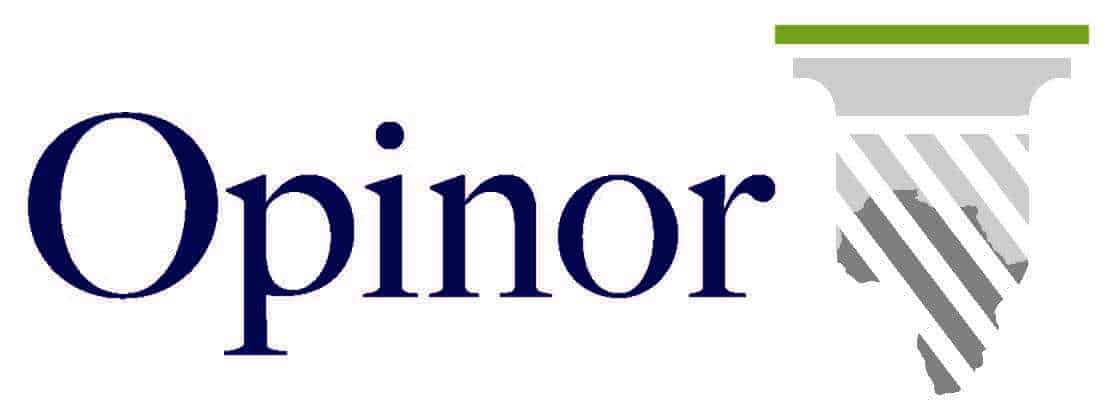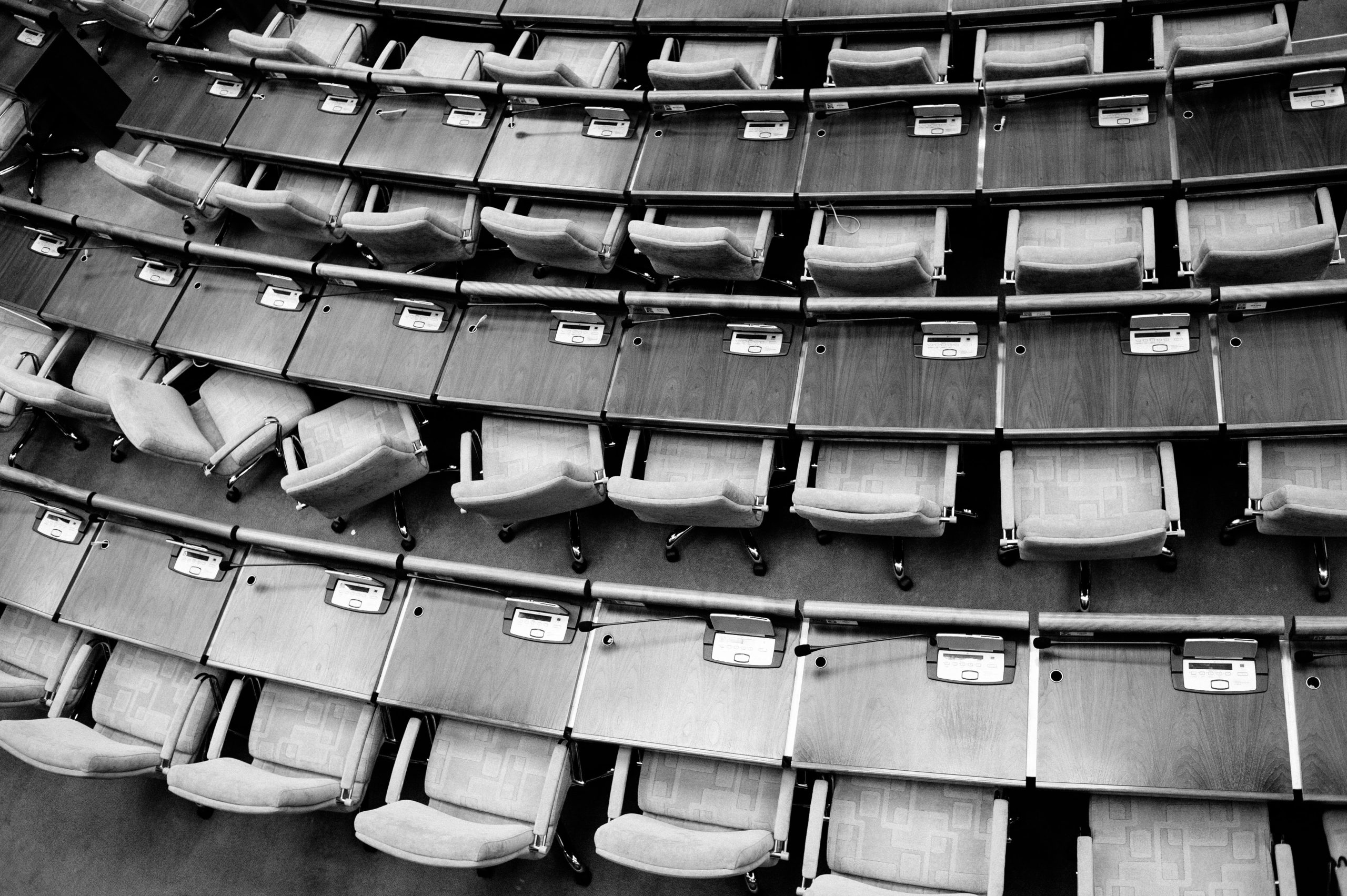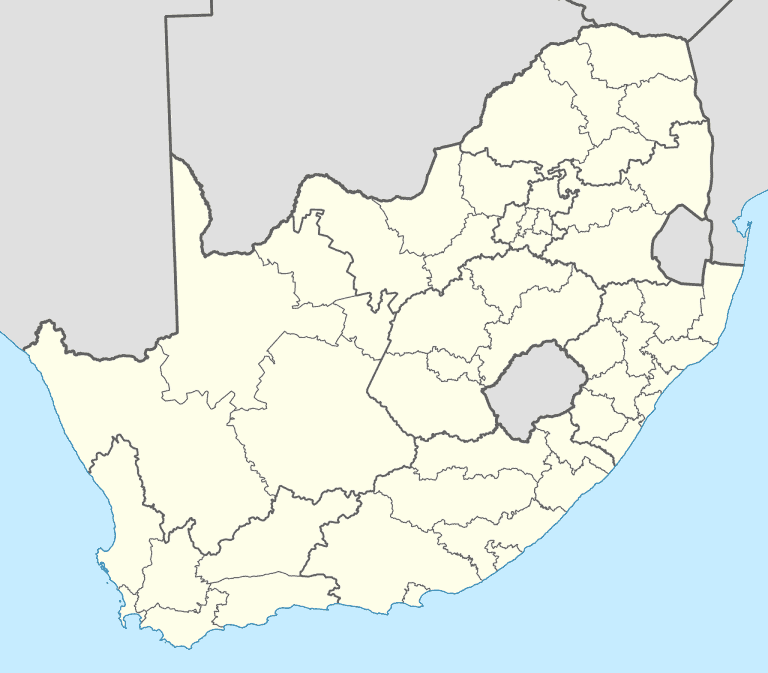Politics is more often the problem than the solution
Everyone seems to be talking about the looming collapse of the ANC. If the party implodes, however, it does not imply by default that people will stop voting for them. The post-1994 political dispensation exposed many inconvenient truths. I say “inconvenient”, because these truths often contradict the mainstream political narrative about South Africa that we are encouraged to believe. The most obvious inconvenient truth is that the South African dream isn’t working quite as well as we were told it would. Another is that voting patterns tend to correspond with identity, and that the perceived identity of the party outweighs its policies. What I mean by this is that many (perhaps even most) people would much rather vote for a corrupt party with a poor track record if they perceive that party to be on their side; they will not vote for a squeaky clean party if they think that this party does not represent them. And when they finally lose hope and decide to abandon their faith in their own party, they often tend to simply stop voting rather than switching parties.
Another inconvenient truth is the fact that people do not become affluent through politics. Social grants do not free people from poverty – it traps them in poverty. Government support programmes (including affirmative action) do not increase independence – it creates government dependence. So-called black empowerment policies do not empower black people – it enriches the elite at the expense of everyone else. Taking out large loans to fund government projects does not empower the current generation – it does, however, punish the next generation who will inherit that debt. Raising taxes to finance more government projects does not result in poverty alleviation – it means less money in the market, which evidently leads to fewer jobs and more poverty. Increasing the minimum wage does not imply that people will pay their workers more; it often implies that workers are fired – or not being hired in the first place. Regulating businesses to protect the vulnerable implies that it becomes more burdensome to run a business, which leads to a decline in jobs – not an increase. And so we can continue.
Does this mean that it is all just a waste of money and that there is no hope? To be blunt: If our expectations are wrong, then the answer is, in fact, yes. I mean by this that, if we place our hope in the government to solve these problems through political policies, it is bound to fail. It failed everywhere, and it will keep on failing. This does not imply, however, that the cause is lost. It simply means that the cause of improving the livelihoods of people through politics is lost.
In his significant 1983 book The economics and politics of race Thomas Sowell addressed this very issue. The book is a study of impoverished, marginalised and oppressed groups from all over the world, their cultural tendencies, how these groups are treated by others, how they react to unfortunate circumstances and whether they were able to transcend their circumstances. Sowell investigated the Chinese diaspora, European emigrants, and black and coloured people from all over the world. Some of these groups were able to transcend their circumstances. Some were extremely successful despite being severely oppressed. The European Jews are an obvious example. Some – like the Irish – tend to go into politics, while some – like the Chinese – tend not to care about politics.
The way in which a group of people reacts to circumstances is much more important than what these circumstances are.
Sowell’s overarching conclusion is this: People do not become prosperous through politics. What matters much more than politics and the question of whether the right policies are in place include work ethics, skills development and savings. These things must come from within the community, whether they are oppressed or not. Sowell found that some of the most oppressed groups in the world have also become some of the most prosperous groups in the world. Factors like oppression and discrimination are important, but when future prospects are considered, the way in which these groups react to their circumstances are significantly more important. Put differently: The way in which a group of people reacts to circumstances is much more important than what these circumstances are. Or, in even fewer words: Culture outweighs politics. “Culture matters,” as Samuel Huntington would say.
This does not mean that politics are unimportant. It does mean, however, that attempts to solve society’s problems through governmental policies are often the worst possible and least successful route to prosperity. More often than not it becomes what Friedrich Hayek described as the “road to serfdom,” rather than the “road to freedom”.
So yes, it is important to have the right policies. However, there is a myriad of things that are even more important. If we become trapped in an endless debate about the correct government policy to fix society’s problems, we lose the plot. We must fix the problems ourselves. You cannot outsource civil responsibility.
People do not become prosperous through politics. Politics are the problem more often than the solution.










Very true Ernst. Lazy people crave the nanny state or parents who spoil them. In the long run this dependance will catch up with them. Living in the comfort zone never promotes growth.
You absolutely know how to keep your readers interest with your witty thoughts on that topic. I was looking for additional resources, and I am glad I came across your site. Feel free to check my website QH9 about Car Purchase.
What fabulous ideas you have concerning this subject! By the way, check out my website at 57N for content about Adsense.